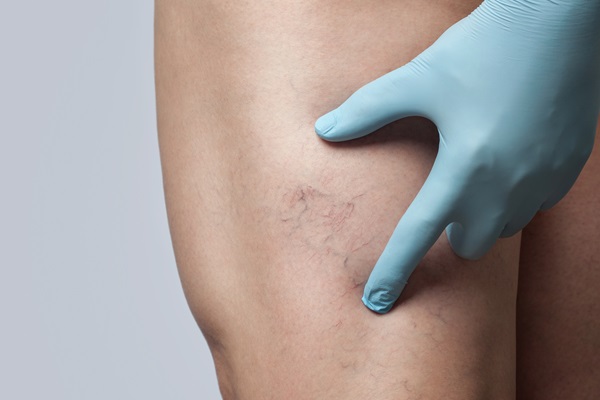What are the Different Varicose Vein Treatments?

Wondering if you should undergo varicose vein treatment? Many people who have varicose veins will choose to have them treated. They either do not like the way their varicose veins look, are experiencing some discomfort or pain associated with them or a combination of the two. Whatever reason for your wanting to understand more about the type of treatments available nowadays to address varicose veins, know that you have options.
About varicose veins
Finding out more about varicose vein treatment before making an ultimate decision is a good idea. There are different types of treatments available, making it necessary for you to understand what is involved with each type of treatment so you can make an educated decision.
When it comes to what causes varicose veins, they are caused when the valves in the veins do not work properly. When the valves do not open and close exactly as they are supposed to, it causes blood to gather in the vein. This pooling of blood will continue to happen if the vein is not treated.
What are the different varicose vein treatments?
The following is a list of some of the more popular varicose vein treatment options people are choosing nowadays.
Endovenous laser ablation
This treatment option requires a medical professional to treat the vein using laser energy. A catheter is inserted into the varicose vein and then the laser energy is used to create heat, which closes the vein. This is one of the most common options people are choosing to remove their varicose veins.
Sclerotherapy
This treatment option involves injecting a special solution into the vein and is a recommended option for treating spider veins. The end result is very effective and is often chosen by those who have small varicose veins and want them to no longer be visible.
Microphlebectomy
This treatment option is often used in conjunction with endovenous laser ablation. It is an option that uses a special tool to completely remove the vein from the body, which requires a minor incision to be made over the varicose vein to be removed.
Home treatment options
While home treatment options for getting rid of varicose veins are worth a try, they do not work for everyone. A few beneficial home treatment options include elevating the legs regularly, wearing compression stockings, exercising on a regular basis and losing excess weight.
Have any questions for us?
Have any questions about varicose vein treatment we can answer for you? We make it a goal to provide everyone with the information they need so they can make an educated decision.
If you have a question, please call us now. If you have multiple questions, then your next step is making a consultation appointment so you can ask all of your questions during this time. If you do decide to go ahead with a specific varicose vein treatment, then a treatment plan will be made for you at this time, as well.
Are you considering Varicose Vein Treatment in the Orange area? Get more information at https://visoc.org.
Check out what others are saying about our services on Yelp: Varicose Vein Treatment in Orange, CA.
Related Posts
Leg swelling is a common symptom that can range from mild to severe and has many causes. Sometimes, the cause is temporary and of mild to moderate concern, but leg swelling may point to a more serious health condition in other cases. Learning more about leg swelling helps people know when to seek help from…
Hemorrhoid treatment options vary depending on severity and symptoms. There are many effective ways to manage hemorrhoids, such as through lifestyle changes, over-the-counter remedies, or more advanced medical procedures. Finding the right treatment can make a significant difference in achieving lasting relief.Hemorrhoids are swollen veins located in or around the anus and rectum, with internal…
Most uterine fibroids are noncancerous, and many patients do not realize they have them. This often leaves patients confused about what could have caused their fibroids, while they also wonder what exactly fibroids are. An OB/GYN can provide clarification on a patient’s unique condition. However, in the meantime, an overview may help.Fibroids are muscular tumors…
Curious about what varicose vein treatment from a cardiologist entails? Read on to learn more. Varicose vein treatment can significantly improve your appearance as well as your life. Varicose veins are enlarged, ropey veins that typically appear on the legs and feet. These oversized veins can often cause swelling, fatigue, and pain. They can also…
